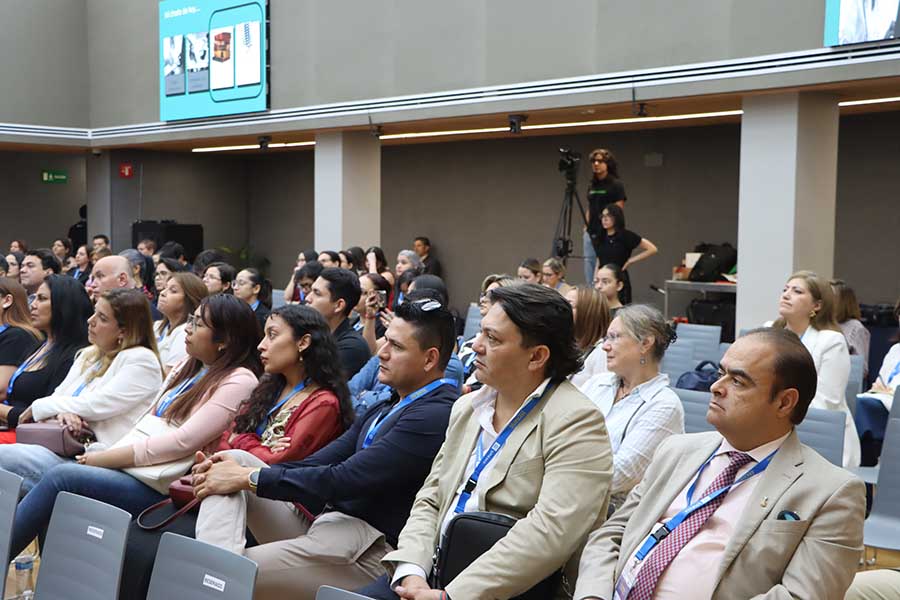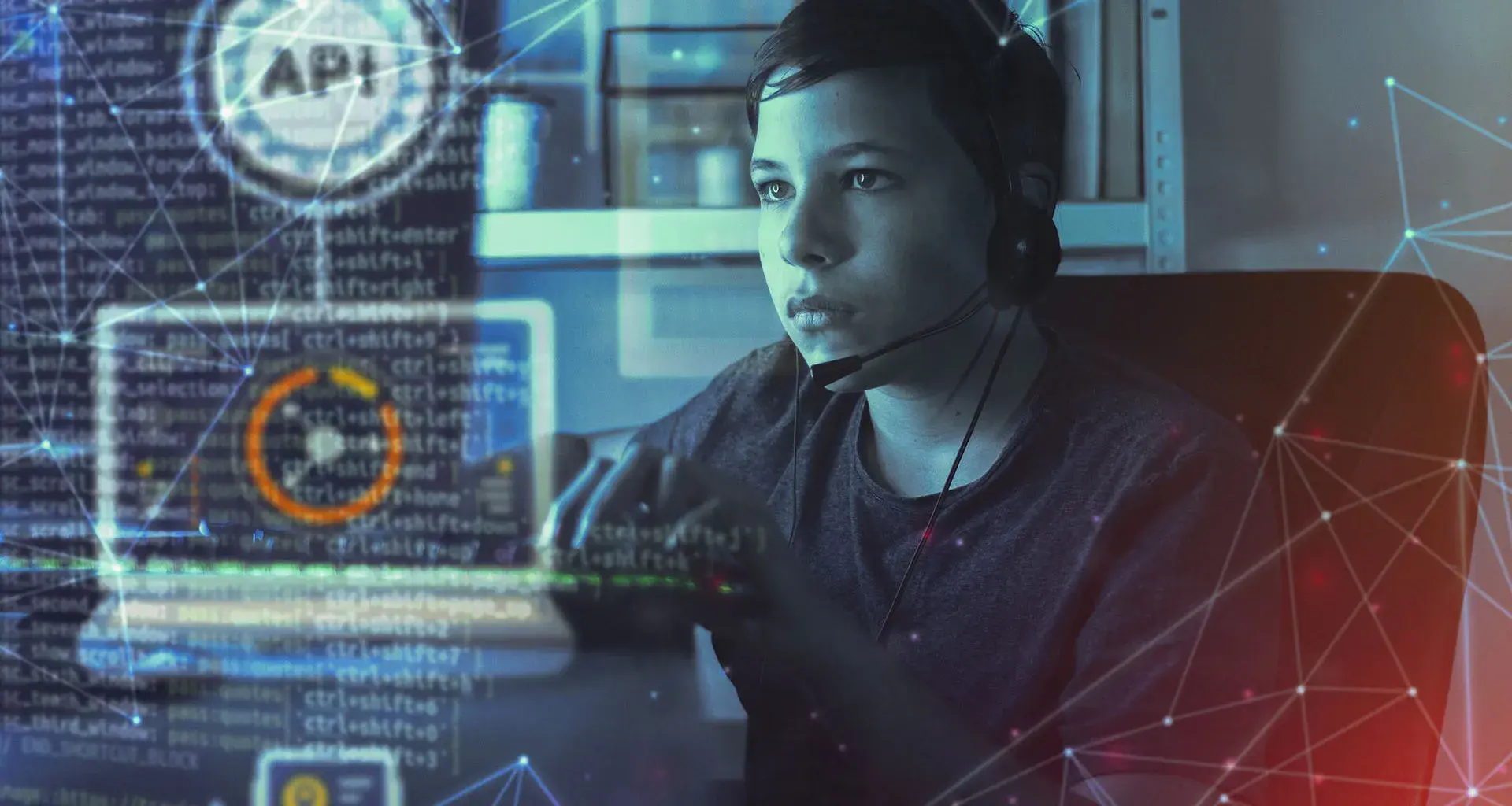Artificial intelligence (AI) has become a crucial issue for education, not just from a technological perspective but also from an ethical, humanistic, and pedagogical standpoint.
Under this premise, the International Seminar “Growing, Learning, and Living Together in the Digital Age” was held at the Monterrey campus.
Organized by Tec de Monterrey in collaboration with UNESCO, the seminar aimed to reflect upon the impact of the digital age on education systems and the training of new generations.
“Technological advances should not be approached solely technically and technologically. The discussion is primarily ethical, humanistic, philosophical, environmental... and, of course, pedagogical,” warned Andrés Morales, UNESCO Representative to Mexico.

Luz María Moreno, Dean of Research at the Tec’s School of Humanities and Education (EHE), stressed that digital education must become a driving force for social transformation.
“There’s a need to strengthen critical citizenship and build communities of care that protect children, young people, and families in this rapidly changing environment,” she said.
For his part, Juan Paura García, Secretary of Education for Nuevo León, emphasized that education must spearhead a paradigm shift.
“It’s not just about incorporating technology into the classroom. It’s about assessing what it means to learn in an environment that is not only global, dynamic, diverse, and interconnected but also profoundly unequal,” he said on August 28 in the Main Hall of the Rector’s Building, where the event was held.
The seminar addressed strategic topics such as digital and algorithmic literacy, mental health in digital adolescence, the risks of inequality of access to technology, and the development of public policies that enable responsible AI development in education.
Promoting public learning platforms
With the rise of new AI tools, governments and public and private institutions must forge partnerships with non-governmental organizations to foster the creation of digital learning platforms.
This was shared by Mark West, from UNESCO’s Future of Learning and Innovation division, during his talk, Education and Wellbeing in the Digital and AI Age.
“At UNESCO, we’re working to help ministries of education around the world implement public platforms for digital learning.
“We need to understand that we must be more assertive about what we can do with public services and ensure that everyone can have access to them,” he explained.
“We must find the right balance when using potentially transformative tools like generative AI.” - Mary Burns
He added that young people, their ideas, and their initiatives are essential for making these public policies a reality.
“Imagine that young people studying at university can develop mobile applications focused on access to education.
“I think that’s what we need: innovative ideas focused on helping people,” he said.

Keeping up with AI
Mary Burns of The Brookings Institution said that although AI can be adopted enthusiastically, it should be applied carefully and with discernment.
“We must keep our eyes wide open and find the right balance when using potentially transformative tools like generative AI,” she said in the opening speech, Eyes Wide Open: What We Gain and Lose from AI in Education.
The leader of the Global Task Force on AI in Education at Brookings noted that people can use it as a valuable support and scaffolding tool without becoming dependent on its use.
“We can appreciate its potential benefits without relinquishing our control over its decisions.
“But to do all of this, we must remain vigilant, not only aware of what we can gain from artificial intelligence but also of what we can lose,” she said.
The educator presented research carried out at the Washington-based institute on teenagers and teachers, highlighting that students viewed AI as a way to enhance their learning, which is why it’s necessary to find ways to integrate it.
The event also featured panel discussions including the participation of legislators and the Secretaries of Education for Nuevo León, Jalisco, Oaxaca, and Querétaro.
With information from Martha Mariano
YOU MAY ALSO BE INTERESTED IN READING:


